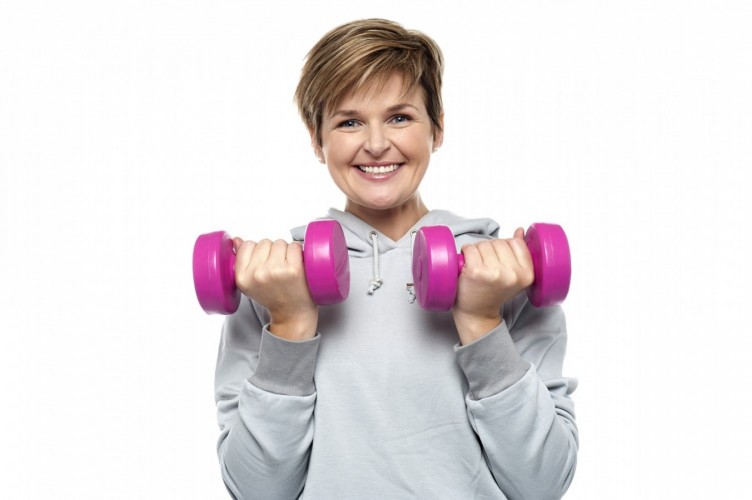
People often ask me “can exercise help me lose weight?” The answer is that eating well and exercising right work together if you want to lose weight or just stay at a healthy weight and keep strong. This means different things for different people but here are a few key points to help you reach your goals.
Eating and drinking for exercise
Remember that you need to eat and drink to fuel your workout. Some people tell me that they don’t see the point in exercising because they just end up eating more. However it’s important to remember that exercise is great for our health anyway. If you want to lose weight you will need to eat well alongside your exercise programme.
When to eat
So should you eat before you workout. Most people find that if they eat a meal just before they work out they can feel a little sick. It’s much better to eat a small meal about 2 hours before your workout.
The importance of carbs
Our muscles need carbs for fuel so don’t try doing serious exercise on the keto diet. If you don’t have enough carbs you will lack energy and might suffer from loss of concentration as well. For more information about carbs and health see my article here. Carbohydrate is stored in muscles as glycogen. The body’s stores of glycogen are limited and need to be topped up every day, especially if you are exercising.
Hydration
You also need to stay hydrated before, during and after your workout. Drink regularly throughout the day. If your urine is pale this is a good sign that you are drinking enough. During your workout water is usually adequate. However for moderate to hard sessions that last longer than an 1 hour you may need a sports drink. You can make this at home using 200ml ordinary (not sugar free) squash, 800ml water and a large pinch of salt. So there’s no need for expensive products.
Don’t forget protein
Protein is required for building and repairing muscle. If your regularly do a lot of strength based workouts you will have have higher protein requirements (1.2-1.7g per kg body weight per day) than if you mainly do cardio or endurance work (1.2-1.4g per kg body weight per day.) People who don’t exercise at all need 0.8-1.0g per kg bodyweight per day.
So what do you need to eat to hit those levels? For many people just eating normally will be adequate. However I find that smaller women with lower overall energy requirements sometimes need some personalised advice to get enough protein on board without eating too much.
Studies show that the addition of 15-25g of protein to a post-workout meal or snack can boost glycogen storage, reduce muscle soreness and promote muscle repair. So you may benefit from a recovery snack that contains protein. Most people find it’s easiest to whip up a smoothie as they’re portable. Blitz up some fruit. Take out 150ml and add 200g fat free, no added sugar yogurt. If that’s a bit filling for you just try 100g of the yogurt and add a handful of nuts or seeds or a mixture of the two. Your Dietitian will be able to provide some recipes.
So you need carbs, protein and fluid for a good workout and optimal performance but you also need a healthy eating mindset?
Eating well to reach and maintain a healthy weight
When it comes to eating well remember not to try to fit a square peg into the round hole of your life. My 4 keys to a healthy eating mindset should get you on the right track. You need to get:
- Well informed
- More self-aware
- Organised and
- Supported
For more information check out my previous posts at the link below
How to lose weight with a healthy eating mindset
If you would like more specific help on your journey to a healthy weight and a strong body please get in touch at the link below
With regard to exercise our friends over at “Fitness Goals” have put together a really comprehensive guide to help you develop a balanced workout routine. Check it out here.

